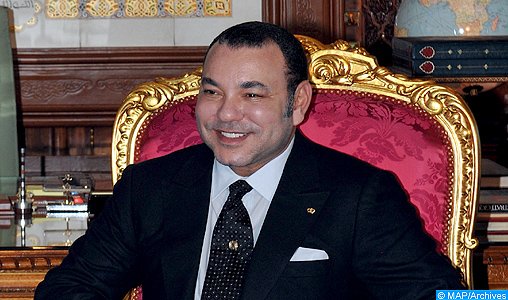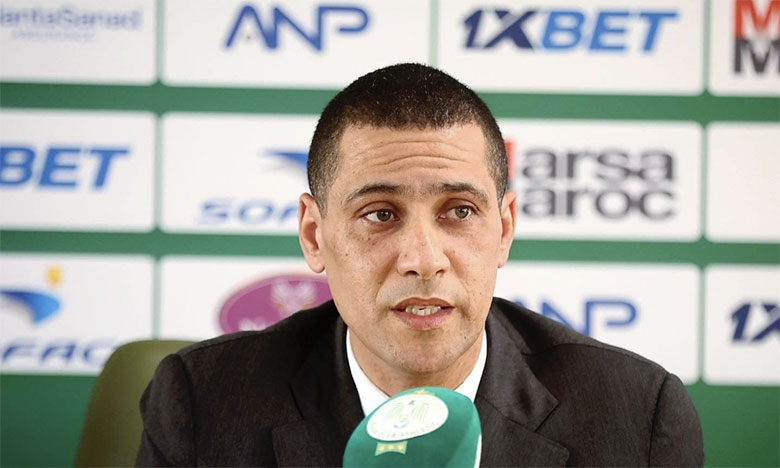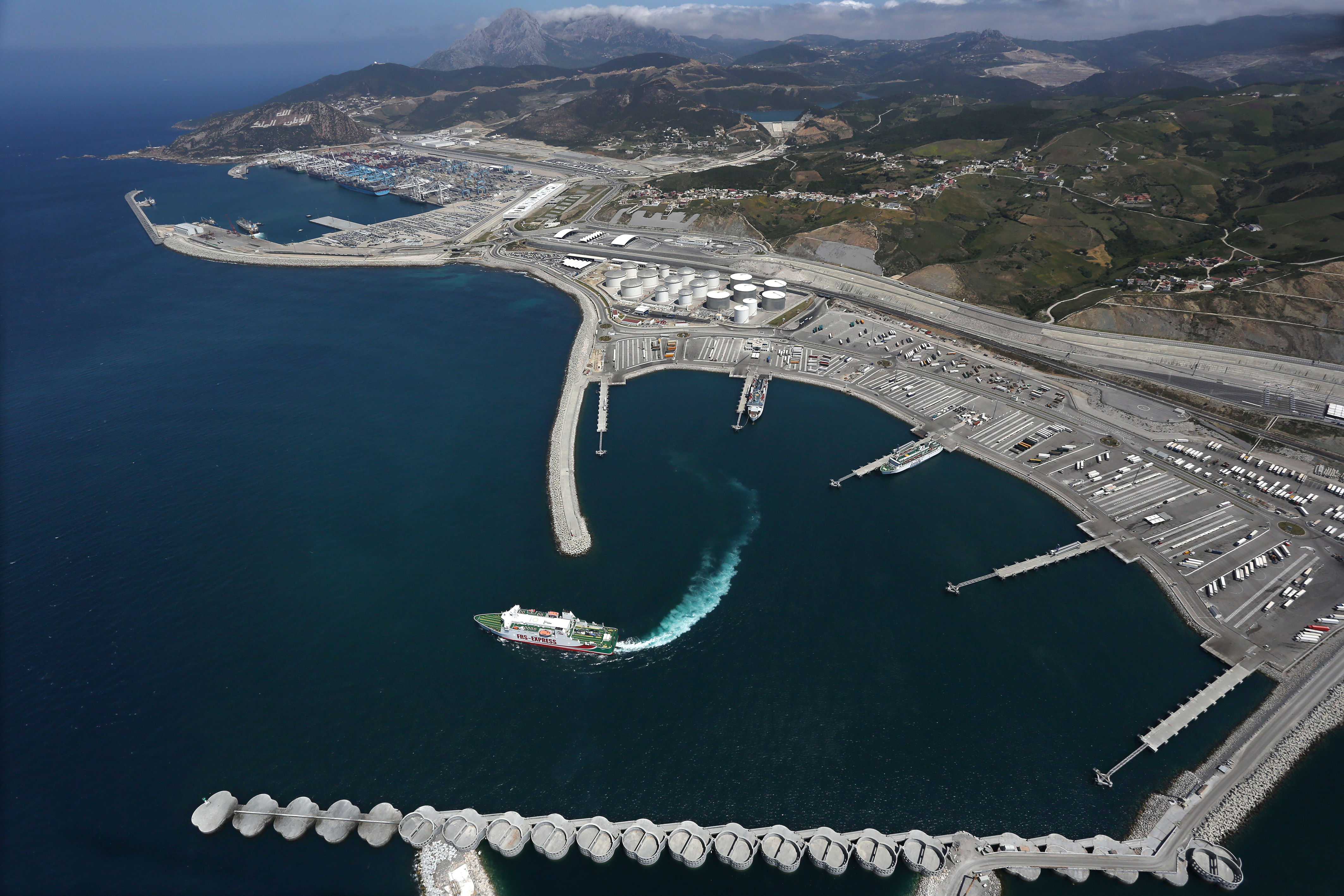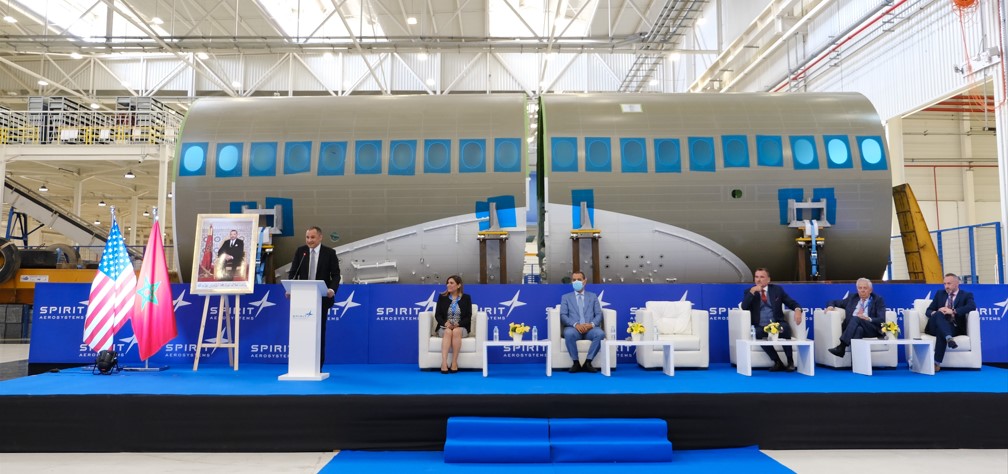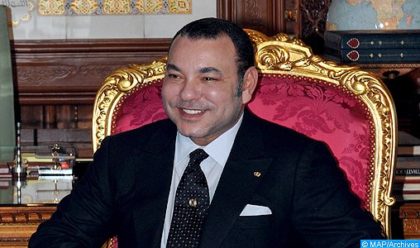 On the occasion of the celebration of Throne Day, King Mohammed VI delivered a speech that blamed public officials for their low performance and for the delay witnessed in the implementation of a set of social projects in Morocco’s different regions.
On the occasion of the celebration of Throne Day, King Mohammed VI delivered a speech that blamed public officials for their low performance and for the delay witnessed in the implementation of a set of social projects in Morocco’s different regions.
The speech was in line with the aspirations of the Moroccan citizen to an administration that serves the interests of the homeland first and foremost. The demands of protesters for a dignified life and an administration that fulfills its duties within reasonable time limits were echoed in the speech as the King himself expressed disappointment at the civil servants who consider office with a rentier mentality.
The Royal rant did not spare political parties that abdicated their role in acting as a mediator between the citizen and institutions and contented rather with opportunist attitudes leading youth to shun political life.
On the same occasion, the Monarch granted Royal Pardon to a total of 1,178 people, including a number of individuals who were arrested in cases linked to demonstrations in the northern port city of Al-Hoceima and surrounding areas. The Royal Pardon is conducive to defusing tension in the restive region.
According to the latest official figures, 176 persons were being held, including the movement’s leader, Nasser Zefzafi, in the wake of the protests that rocked the northern city of Al Hoceima.
The Justice ministry’s statement announcing the Royal pardon noted that the release of some individuals involved in the popular protests is a decision taken “in consideration of their family and human situation.”
The pardon was limited to those “who did not commit crimes or serious acts” during the protests that started in the northern Rif region and then spread to other parts of the country.”
The protests began in Al Hoceima in October 2016, as a reaction to the death of a young fish vendor, Mouhcine Fikri, who was crushed to death in a garbage compactor while attempting to retrieve his fish that the police had confiscated and thrown away.
The protests, initially staged to call for rendering justice for Fikri, have increasingly become focused on the various economic, social, and administrative challenges the Rif region faces.
At a Ministers’ Council held in June, King Mohammed VI criticized several ministers for the delay in the delivery of a set of development and social projects he had launched in Al Hoceima in October 2015, a year before the wave of popular protests outbroke in the region.
The Al Hoceima Lighthouse of the Mediterranean program, worth $665-million, is meant to promote the region’s development through implementing a host of projects slated for completion in 2019. Unfortunately, many of the projects scheduled in the program never saw the light of the day due to the lack of follow-up by relevant ministries.
During the June Ministers’ Council, the King had expressed his disappointment, discontent and concern, over the slow pace of the development projects in the Rif and ordered a probe to determine those responsible for stalling some projects.
And in the Throne Day speech he delivered Saturday, he pressed that point again, urging officials, civil servants, local and elected officials to work hard, and to show a sense of responsibility and stressing the rights and obligations of officials in their relations with citizens, keeping in mind that their priority should always be serving citizens’ interests.
In his speech, King Mohammed VI also showed empathy and sympathy with citizens demanding social justice and an end to regional disparities.
The Royal speech was imbued with hope while drawing up the main obstacles to Morocco’s human and social development model and the factors hindering the full achievement of social justice and the rule of law in the country.
It also included a call by the Monarch for a new march to achieve human and social development; a march for equality and social justice for all Moroccans, “because such a major endeavor cannot be carried out in one region and not in the others.”
